Our Care Homes Accountancy and Tax Services Include
Welcome to Heighten Care Homes Accountants, your trusted partner in care home accountancy. With a profound understanding of the distinct challenges and opportunities in this sector, our dedicated team has been delivering specialised accounting services since 2011, supporting care home operators locally and nationwide.
“We Care for Those Who Care for Others.” From startup small care homes to multi-location care groups, we provide tailored services to bolster your business growth, enhance tax savings, and ensure financial stability. Explore how our team can streamline your daily, weekly, monthly, and annual accounting needs, maximising your success every step of the way:
Care Homes Bookkeeping
- Recording financial transactions
- Managing accounts payable
- Processing receivable
- Reconciling bank statements
- Maintaining general ledgers
- Tracking expenses and income
- Assisting with budgeting and financial forecasting
- Ensuring compliance with accounting standards
- Support for tax preparation
- Advice on financial matters
- Strategies for improving financial
- performance
- Customised bookkeeping services to meet the specific needs of care homes
Care Homes Management Accounts
- Periodic management accounts preparation
- Analysis of financial performance and KPIs
- Comparison against budget or forecast
- Identification of trends and improvement areas
- Variance analysis
- Cash flow and liquidity review
- Revenue and cost analysis
- Customised Care Homes reporting
- Stakeholder presentations
- Strategic financial advice
- Regular meetings for discussion
- Goal setting and adjustment
- Compliance with industry standards.
Care Homes Payroll and Pension
- Care Homes Payroll Scheme set up
- Routine payroll processing
- P60 & P45
- Process starters & leavers
- Payslips distribution to staff
- Staff Wages Payment
- Pension management
- PAYE HMRC payment
- Preparation & filing of P11D returns
- Employer Dashboard
- HR Dedicated Helpline
Care Homes Accounts and Tax
- VAT Advice
- Companies House Reporting & Secretarial Services
- Registered Office Service
- Company Statutory Accounts & Corporation Tax returns
- Confirmation Statement
- Changes in shareholdings
- Company Formation
- HMRC Investigations Support
- Director Tax Return
- Tax Saving Advice
- Support to statutory audit
- Capital allowances claims
Additional Services
Additional Care Homes Sector Partners Support Services:
Care Homes Company Specialist Services:
- Interim Finance Director
- Business Tax Advisory
- Wealth Management
- Real Estate and Property Tax
- Care Homes Insolvency Service
- Help with Corporate Financing for new homes or developments
- Care Homes Sales & Acquisition
- Care home tax investigation
- Monitor and adjust as needed.
Care Homes Company restructuring Service:
- Assess current structure and operations
- Identify tax inefficiencies
- Develop tailored restructuring strategies
- Implement changes for efficiency
- Ensure regulatory compliance
- Communicate plans to stakeholders
- Stamp Duty Advice
- Tax and CGT Planning
- Share Alignment
- Monitor and adjust as needed.
How it Works
Schedule a Call:
We’ll discuss your specific Care Home Business accounting and tax needs, and how we can assist you. Choose from visiting our offices, a video call, or we can come to you for convenience.
Get a Custom Plan:
We’ll discuss our bespoke proposal and send you a summary outlining our initial meeting, recommendations, and a fixed fee based on value. This ensures clarity and transparency about your investment with us.
Achieve your desired business Success:
Your dedicated qualified accounts manager will handle all your care homes accounting needs, and liaise with your managers and finance team, promptly to ensure you receive accurate information on time.
Frequency of Our Services
Our team of dedicated care home accounting experts goes above and beyond to propel your financial success to new heights. No cookie-cutter solutions here; we meticulously craft custom packages designed to amplify the unique needs of your business.
Embrace flexibility like never before – from daily to weekly, monthly, or even annual services, the choice is yours. There are no limits; it’s all about aligning with your business structure and needs.
Delegate as much or as little as you desire, freeing up your time to focus on what truly matters – nurturing your care home business to its fullest potential.
Daily

Invoice processing

Bookkeeping Software sync

Liaising with your suppliers

Payment Approvals

Reconciling bank feeds
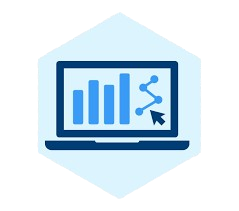
Dashboard Updates

Liaising with your Manager
Weekly

Payments to suppliers
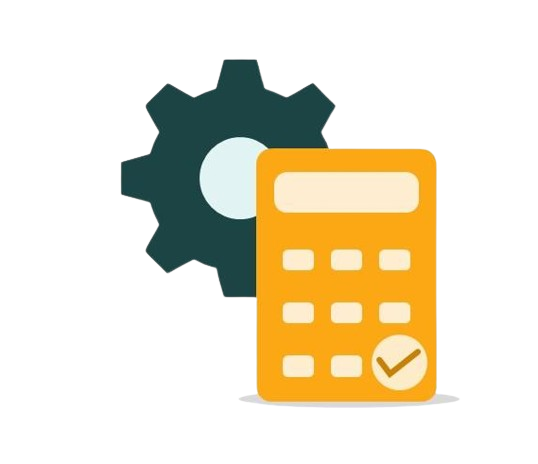
Bookkeeping Software
updates

Payroll
Cash and card income reconciliations
KPI Reports

Balance sheet reconciliations

Finance Director Meetings
Monthly

Payments to suppliers
Staff expenses reimbursement

Payslips and Pensions
Wages and HMRC liabilities
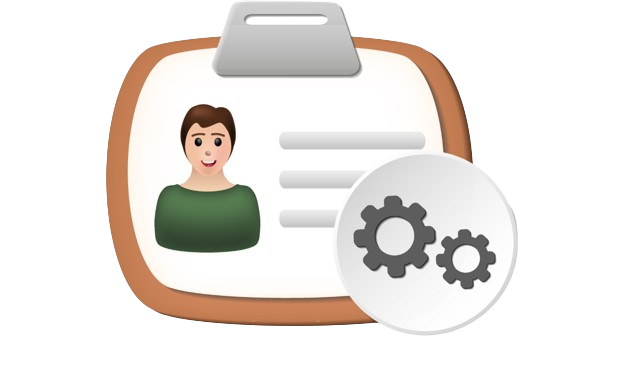
Management accounts
pack

Balance sheet reconciliations

Monthly Check-ins
QUARTERLY

Cashflow forecasting

Funding and Grants Review

Business Financial Position

High-level business review

Management accounts pack

Property maintenance and other costs review
Yearly

Budget setting

Annual statuary accounts

Filing of Confirmation Statement with Companies House
Corporation Tax returns
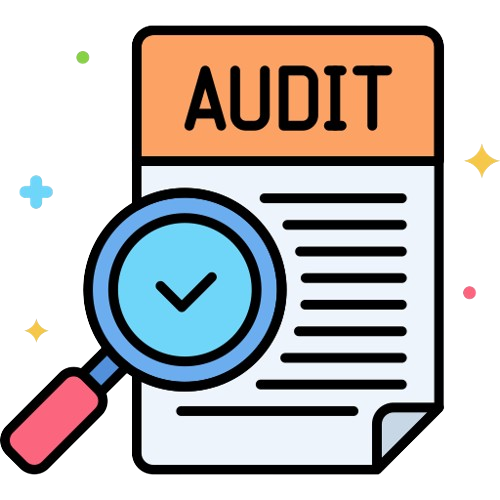
Audit pack for year-end accounts
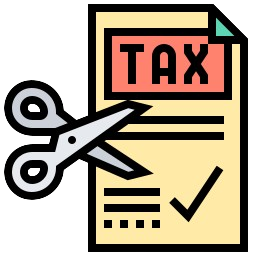
Tax Minimisation – Annual Review

Capital Allowances review

Sales & Acquisition planning – expanding, buying, or selling

Personal tax and wealth management
We run a group of supported living care homes across multiple London boroughs. After joining Heighten Accountants in 2012, they’ve managed our bookkeeping, payroll, and accounts. Their cloud technology keeps our financial information readily accessible, and our management team is impressed with the detailed reporting. Heighten truly understands the care home business, and I highly recommend them.

Heighten has grown with us as our business has expanded. Before working with them, managing our accounts, payroll, and financial obligations was stressful. Heighten made the process stress-free and streamlined our payroll. They provide timely financial information for our care homes and building acquisitions. As our business has expanded, their advanced support and advice have been invaluable. I highly recommend Heighten for their expertise in the care home industry.
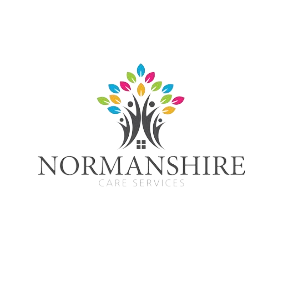
Heighten completely sorted out our accounts and bookkeeping after our previous accountants left us in a mess. They ensure our financial reports are properly presented and continue to do so. We’ve built a great relationship with the team, and periodic meetings keep us updated. Recently, we’ve discussed tax savings. I highly recommend Heighten for your care home business. With their advice and help, you can take your business where you need it to go.

Our Home Care Accountants Pricing
Welcome to Heighten Care Homes Accountants! At Heighten, we understand that your care homes business needs are unique, which is why we tailor bespoke proposals with fixed fees. No one-size-fits-all approach here – just solutions designed specifically for your business.
Ready to experience personalised accounting services?
Complete our quick online quotation questionnaire by clicking the “Quick Quote” link below. It takes about 5 minutes on average. Once received, we’ll review it and get back to you promptly with a quick quote. No commitments or ties attached. Let’s find the perfect solution for you!
Care home accountants offer specialised financial services tailored to the needs of care homes. These services include:
- Bookkeeping and Payroll: Managing day-to-day financial transactions, purchase ledger and employee payments.
- Financial Reporting: Preparing financial statements and management reports.
- Tax Compliance: Ensuring compliance with tax regulations and handling tax returns.
- Budgeting and Forecasting: Creating budgets and financial forecasts to aid in planning.
- Cost Control and Analysis: Identifying cost-saving opportunities and analyzing financial performance.
- Regulatory Compliance: Ensuring adherence to industry-specific financial regulations and standards.
These services help care homes maintain financial health and regulatory compliance.
Why Choose Heighten Care Homes Accountants for Your Tax, Accounting, and Finance Needs?
Industry Expertise:
- With years of dedicated service to the care home sector, Heighten understands the unique financial challenges and opportunities you face.
- Our deep industry knowledge allows us to provide specialised, tailored solutions that support your business growth and financial stability.
Comprehensive Services:
- From detailed financial reporting and compliance to strategic tax planning and funding advice, we offer a full suite of services designed to optimise your financial outcomes.
- Our innovative use of cloud technology ensures you have instant access to your financial information, keeping you informed and in control.
Client-Centric Approach:
- We build strong relationships with our clients, offering personalised support and proactive advice that sets us apart from competitors.
- Our expert team is committed to maximizing your financial success, allowing you to focus on delivering exceptional care.
Choose Heighten Care Homes Accountants for unparalleled expertise, comprehensive services, and a client-centric approach that truly understands and supports your business. Let us handle your financial complexities, so you can focus on what you do best.
Hospitality Insights
Explore our most recent resources and thought leadership.

National Insurance Changes and Rising Employment Costs in Hospitality: Best Practices for Compliance and Savings
May 16, 2025The UK hospitality industry is currently facing significant shifts in employment costs, driven by recent National Insurance (NI) changes, increased minimum wages, and rising operational expenses. These changes place additional pressure on restaurants, bars, and hotels—many of which already operate on thin margins.
Learn More
Hospitality Budgeting and Forecasting: Best Practices for Maximising Profitability
December 24, 2024In the hospitality industry, effective budgeting and forecasting are critical factors in its success and sustainability. Hotels, resorts, and restaurants operate in a dynamic environment where demand fluctuates due to seasonality, economic conditions, and consumer trends.
Learn More
Financial Audits in Hospitality: Best Practices for a Stress-Free Process
December 13, 2024In any organisation, financial audits are used to thoroughly examine such organisation’s financial records to verify their accuracy and compliance with legal and regulatory standards.
Learn More
Tax Relief for the Hospitality Industry in the UK
October 23, 2024The hospitality industry plays a critical role in the UK economy, contributing billions of pounds and employing millions of people. With the sector encompassing hotels, restaurants, pubs, and catering businesses, tax relief can be a vital financial lifeline. However, navigating the complexities of the UK tax system can be challenging. It’s crucial for hospitality businesses […]
Learn More
Navigating the Hospitality Industry’s Financial Regulations
September 10, 2024The hospitality industry is a dynamic sector, but it comes with its own set of financial regulations that businesses must navigate. Adhering to these regulations is not just a legal requirement but also a key factor in ensuring long-term financial stability and success.
Learn More
Hospitality VAT: Best Practices for Compliance and Savings
August 20, 2024Value Added Tax (VAT) is a significant aspect of financial management in the hospitality industry, affecting everything from pricing strategies to cash flow management. In the hospitality sector, which includes businesses such as restaurants, hotels, and cafes, VAT compliance is not just a regulatory obligation but also a critical factor in maintaining profitability.
Learn MoreCare Home Insights
Explore our most recent resources and thought leadership.

Accounting Basics for Nursing Homes: A Comprehensive Guide
January 1, 2025Running a nursing home comes with its own set of financial challenges. From managing multiple revenue streams to keeping operational costs under control, the demands can be overwhelming. But getting your accounting right isn’t just about balancing the books, it’s also the key to staying profitable and meeting important regulatory requirements. In this blog, we’ll […]
Learn More
Top Seven Tax-Deductible Expenses for Nursing and Care Homes in the UK
December 4, 2024In the UK, running a nursing or care home comes with unique financial challenges, and also managing the costs of it is significant to ensure your facility’s success. One of the best ways to achieve this is by fully understanding and leveraging tax-deductible expenses. This may include your staff wages and medical supplies, as these […]
Learn More
Bookkeeping Tips for Nursing Homes: Simplify Your Finances and Focus on Quality Care
November 20, 2024Effective bookkeeping is essential for nursing homes to maintain financial stability and comply with UK regulations. With diverse income sources such as local authority funding, NHS payments, and private residents, along with significant operational costs, managing finances can be complex.
Learn More





